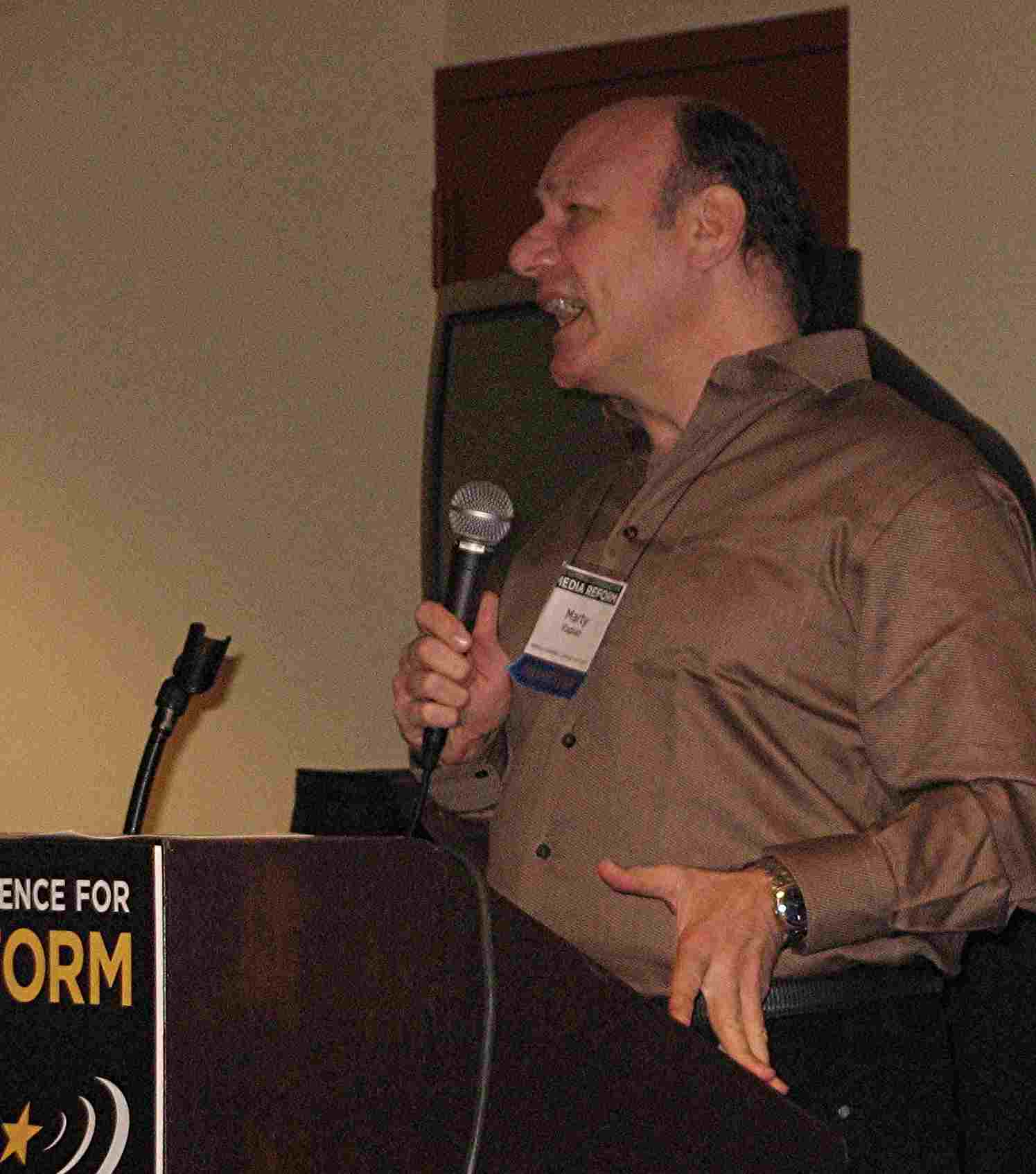I’m still reporting from the National Conference for Media Reform, from Memphis. The conference is sponsored by Free Press.
This afternoon I attended a panel discussion exploring the issues set forth in the title of this post. The moderator, Geneva Overholser (of the University of Missouri School of Journalism), warned that when we criticize the press, we should not be too general. There are, after all, many good people doing honorable work in the profession.
The first speaker was Sonali Kolhatkar, who is a host and producer of a popular morning drive time program called Uprising she is also the co-director of a nonprofit organization, Afghan Women’s Mission.
Kolhatkar noted that the media goes where the violence goes, then moves on. At the present time, Afghanistan “is blowing up.” There are suicide bombs, as well as no liberation of Afghanistan women (a prime selling point for the war). Nonetheless, the media (and thus, the American public) no longer cares. She criticized the term “war on terror.” You can’t have a war “on an abstract noun.”
The second speaker was Paul Rieckhoff, who is the Executive Director and founder of the Iraq and Afghanistan veterans of America. Rieckhoff was an infantry officer in Iraq from 2003-2004 . He was one of the first Iraq veterans to publicly criticize the war. We’ve written about Paul before.
Rieckhoff described the war in Iraq as a “war of disconnect.” For instance, “you never see a dead American soldier on TV.” In fact, …


